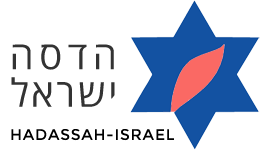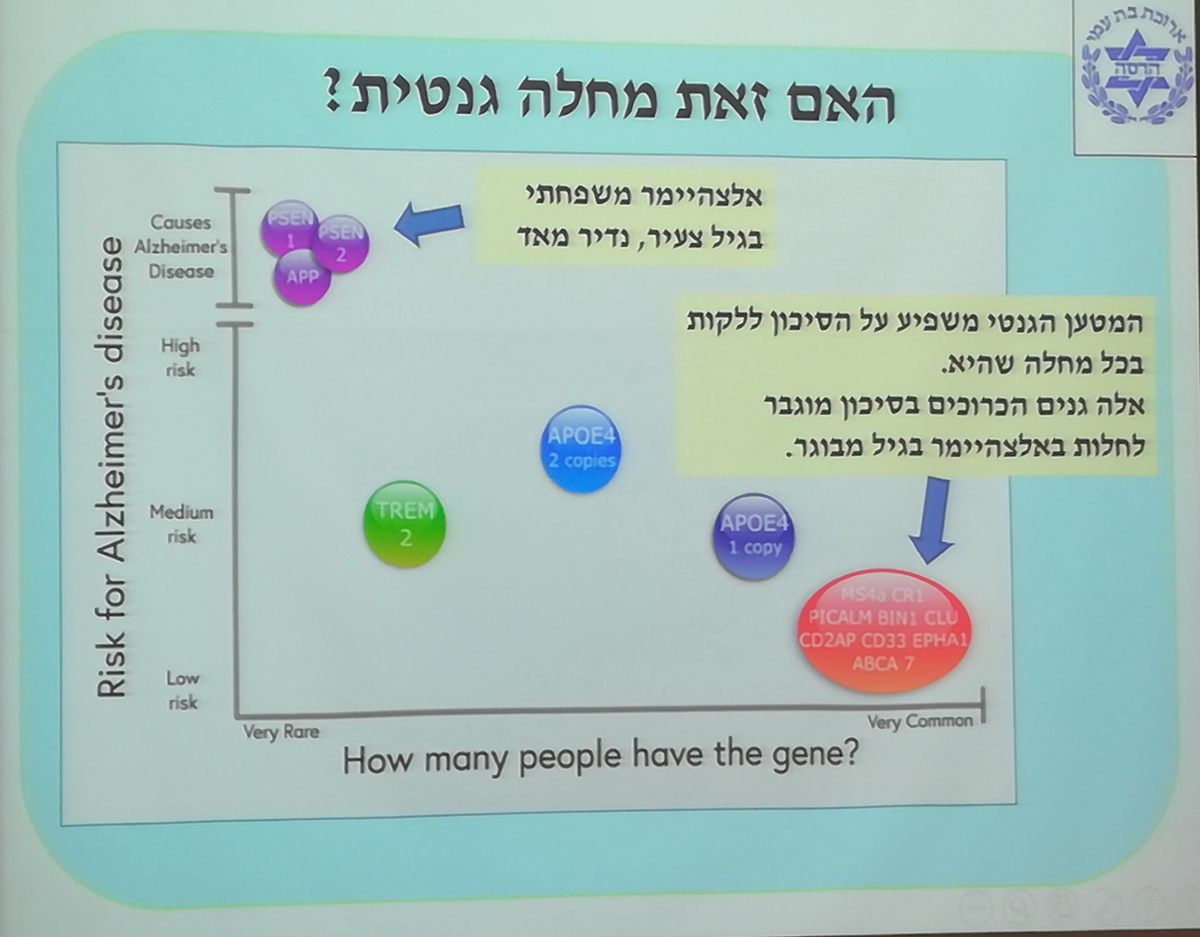MEDISCOPE AT HADASSAH HOSPITAL, EIN KEREM, 15TH OCTOBER 2018
As every year, Hadassah members and their friends were able to listen to a range of interesting updates from Hadassah doctors who are specialists in their fields.
The first speaker at the English speaking session was Dr. Stephen Frank, senior physician in the Department of Oncology, who spoke about how the treatment for most melanoma cancers has changed from debilitating, and not always successful, chemotherapy to a version of immunotherapy that was developed at the Weizmann Institute.
He discussed how immunotherapy works, how doctors have learned how to regulate dosages, and the success rates, as well as the maintenance of the patient’s quality of life.
Dr. Imbar Tal, Director of the Fertility Preservation Service in the department of Obstetrics and Gynecology, told us about how awareness was raised to the wider public by a group of young women aged 23-44, who had been cured of their cancers, but their chances of becoming pregnant with healthy babies had dropped drastically by around 60%, because the chemotherapy was killing their eggs. Preservation of their eggs before their treatment would have been a way to increase their chances of having healthy normal children.
He said that Israel is unique in preservation of fertility when there is an early diagnosis of cancer, and explained to us the procedure undertaken.
Professor Rifat Safdie, Director of Gastroenterology and Liver Department, gave us some idea of the causes of liver disease, and told us that the liver is a filter for all we eat and absorb, and how blood flows through the liver on its way to the heart. When we eat the wrong foods or drink the wrong kind of drink, such as alcohol, many illnesses and negative conditions can result.
He told us about the various treatments that have been developed, that can help to keep the illnesses at bay, but he stressed that eating and drinking healthily for the liver’s function are an important factor in staying healthy.
Dr. Josh Schroeder is a spine surgeon in the department of orthopedic surgery.
He spoke about spinal cord injuries.
These are very difficult injuries to recover from. The newest research is being done with putting stem cells into the spinal cord for regeneration.
It's very important to treat these injuries as quickly as possible.
Rehabilitation is very important. Hadassah's Rehab department employs the latest technology to stimulate the nerves and help get movement back.
Professor Ben Hur Tamir spoke to the Hebrew speaking group on the fascinating topic concerning ‘memory. As Director of the Brain Health and Neurology Department in Hadassah, his field is neurobiology. He told the audience that Dementia, and indeed Alzheimer’s is an illness that causes a loss of brain function due to sections of the brain being eaten away. In addition, depression or fear affect mental function. Once a patient is ready to admit to this, often memory improves. Alzheimer’s disease is not genetic, and it usually appears later in life. However one gene has been identified, and some genes carry risks. The illness can be triggered by other conditions such as blood pressure levels, Parkinsons, diabetes.
There are various tests that show whether a patient has the illness, as well as MRI scans, and there are medications that can remove antibodies, but by the time the antibodies are discovered it is too late to be effective.
Early detection of dementia or Alzheimer’s is the current key to thinking logically. Professor Ben Hur told us of research on a tribe in South America that showed that early hints of the disease show some 15 years before western testing can confirm its existence. The sooner the illness is found, symptoms can be attacked. Professor Shachar Arzi has developed a test that can be turned into an APP, and Professor Ruth Gabizon is working on oxidisation damage because weak anti-oxidants do not reach the brain.
He briefly suggested the use of Omega 3, Vitamin B and exercise to help protect against development of these illnesses.


